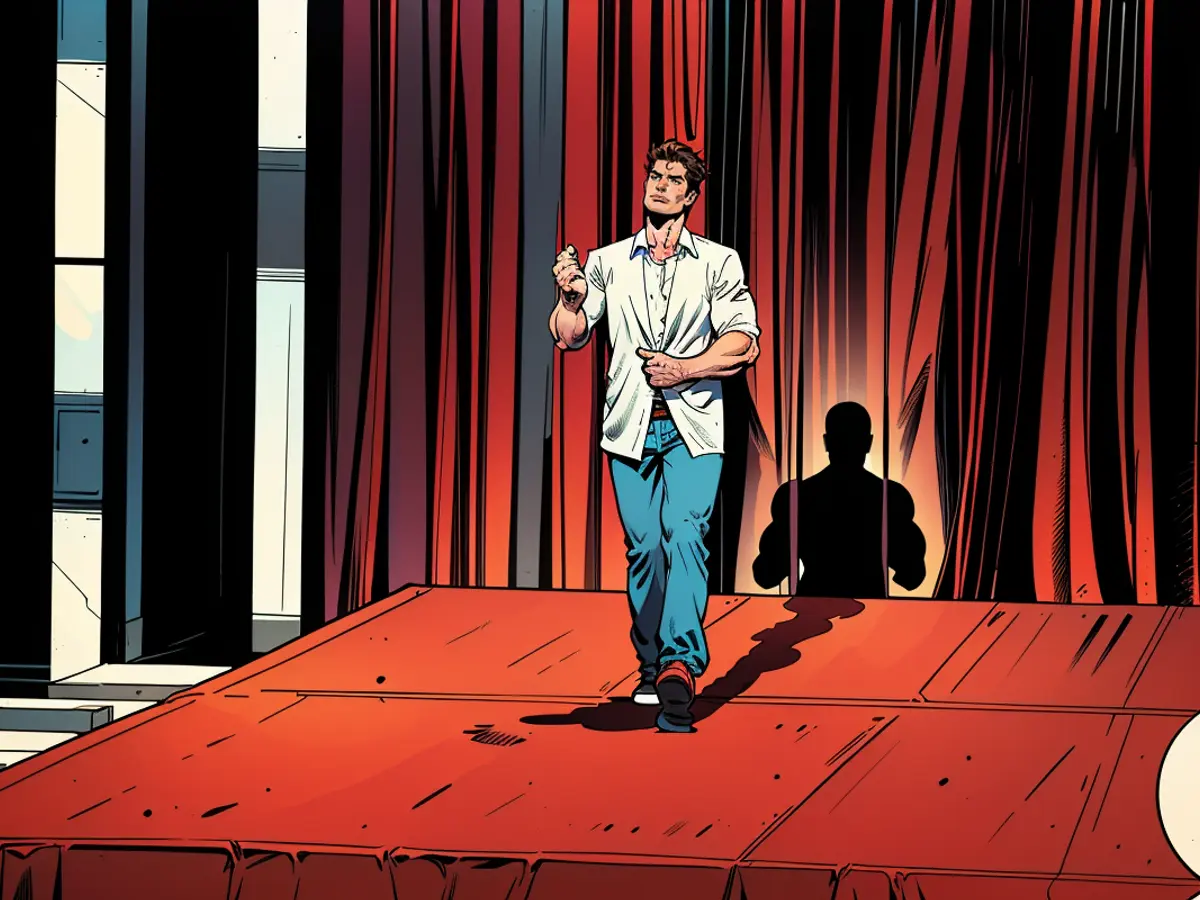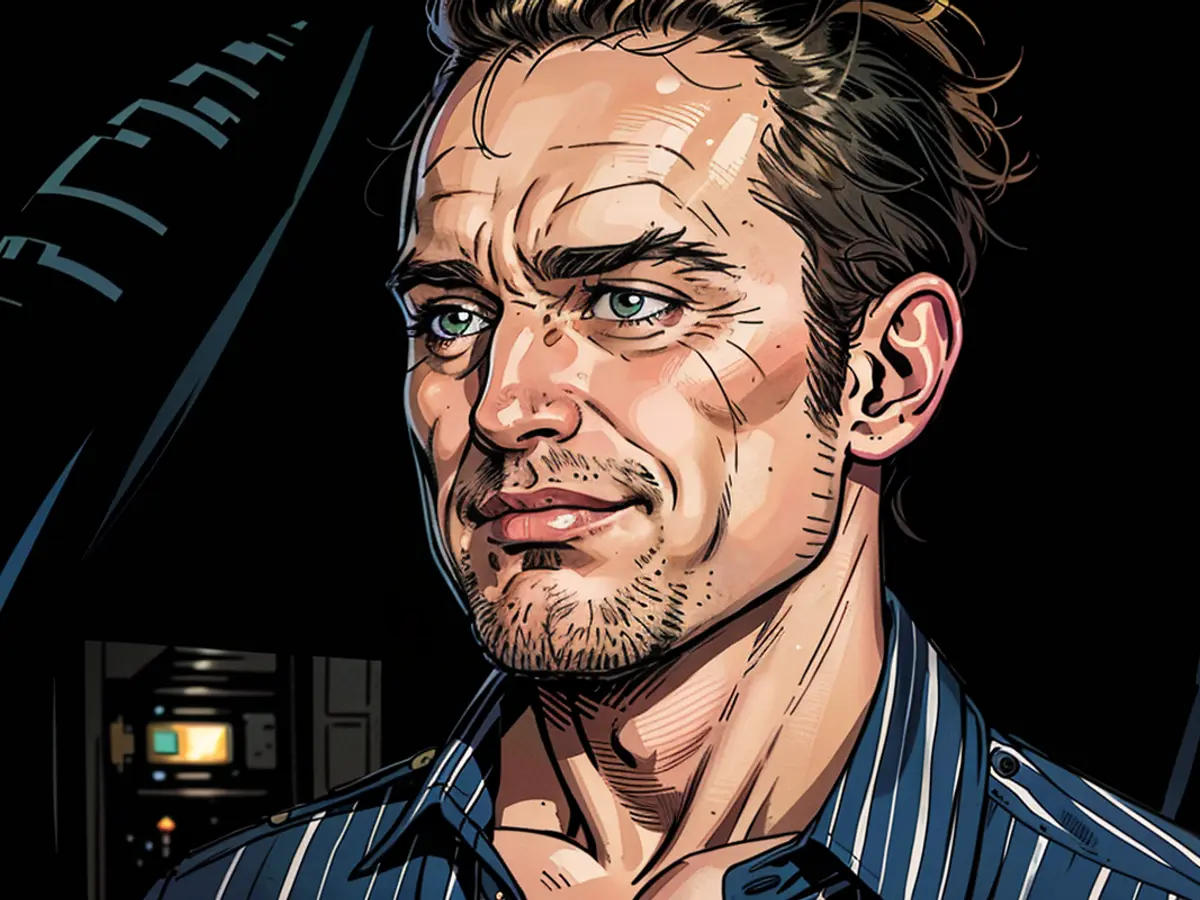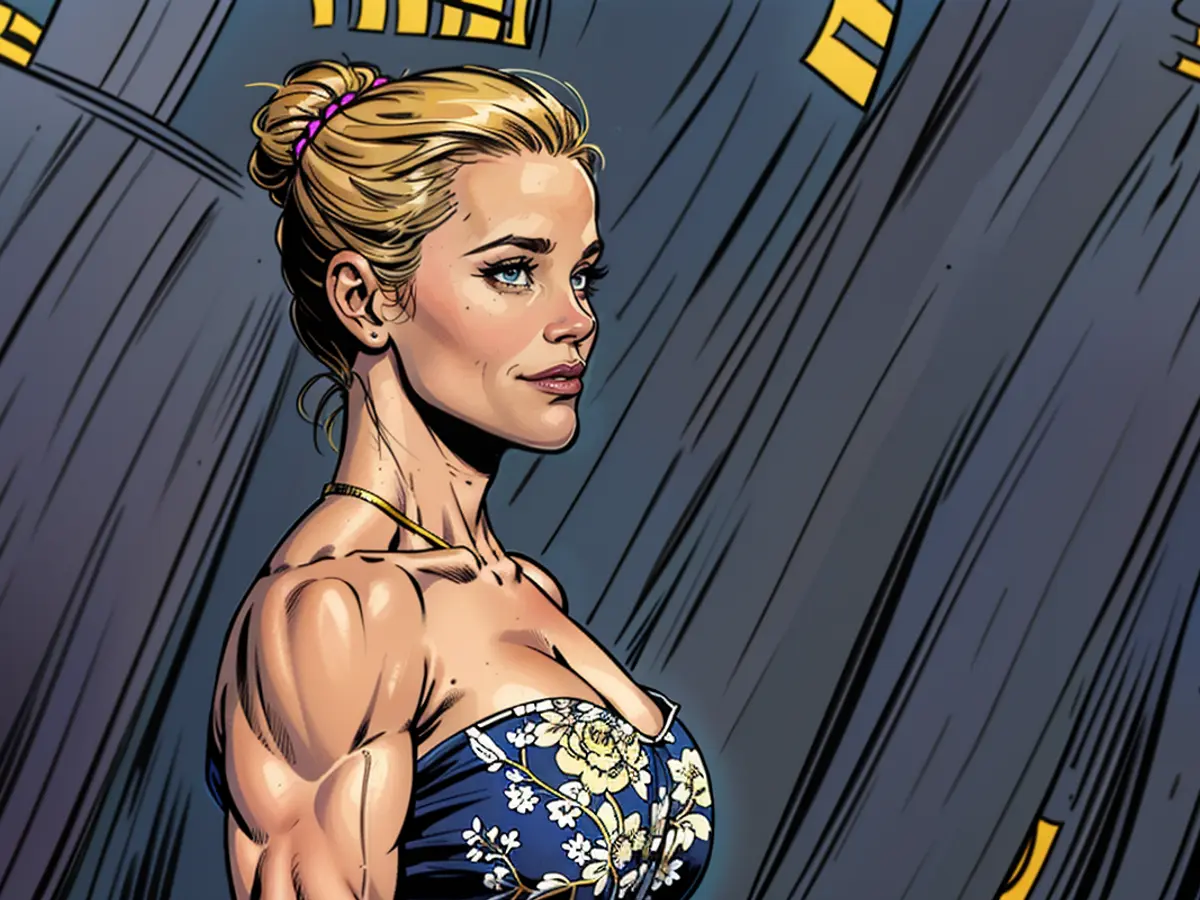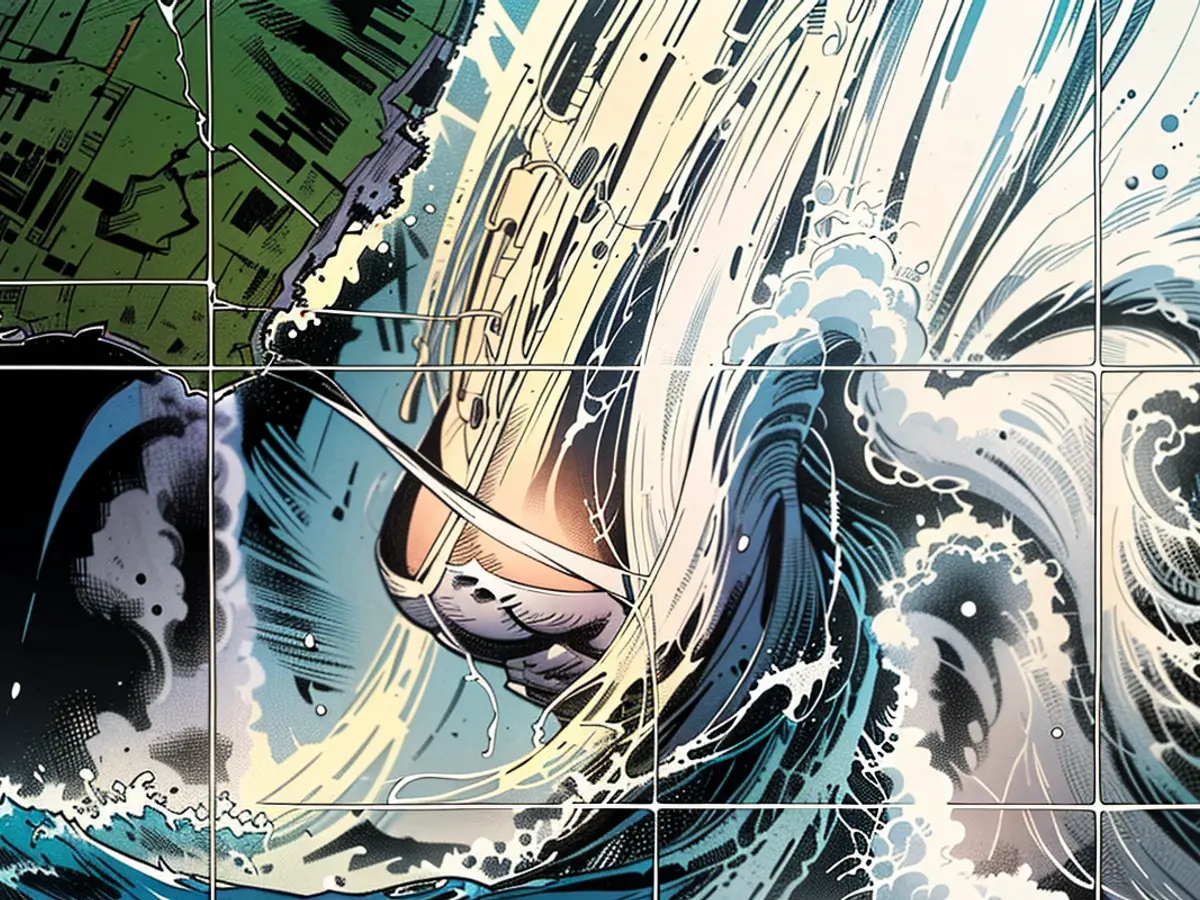Detailed Account: Ongoing Crusade of Women Excluded from Annulment of Harvey Weinstein's Previous Conviction
It's kinda strange to realize how one phone call can change your life, as Wulff shared with CNN, looking back at the day she was contacted by the Manhattan District Attorney's Office to tell her story.
Reading articles that brought about Weinstein's fall, she noticed similar occurrences between her experiences and those of other accusers.
"I wanted to step forward," she stated. "I wanted to help them."
Little did she know, her life would undergo a drastic makeover, losing all of her privacy, and becoming one of the key figures in the groundbreaking #MeToo trial that would redefine society's perception of power dynamics in the workplace.
Before Wulff shared her most intimate story with the world during her testimony, accusing Weinstein of sexually assaulting her in 2005, she had barely confided in anyone about her allegations — not even her own father, who learned the details through reading Wulff's testimony in the media.
"God, it's horrible. It really is," Wulff reminisced. "My dad and I are close. I couldn't share that with him."
"The only people you can really talk to are your lawyers," she continued. "For three years leading up to the trial, to me testifying, I was meeting with them regularly."
Wulff concluded, "I just wanted to be normal, but there was nothing normal about it."
By the end of the trial, it was all worth it, she said. Weinstein's 2020 trial resulted in a rape conviction, and the Hollywood producer was sentenced to 23 years in prison. Wulff was overwhelmed and had yet to process her trauma, but knew she had played a part in justice being served.
Fast-forward four years: This April, Weinstein's conviction was overturned.
In a 4-3 decision by the New York Court of Appeals, the overturned conviction was not based on whether Weinstin was guilty or not, but on legal technicalities — primarily the fact that the judge allowed Molineux witnesses, like Wulff, to testify about prior bad acts, but not directly related to charges Weinstein was facing.
Wulff was one of three Molineux witnesses in the 2020 trial – none of whom would be allowed to testify in Weinstein's re-trial, which Manhattan prosecutors have said they intend to move forward with as soon as this fall.
In their successful appeal, Weinstein's defense argued that the jury heard stories from other women that portrayed him as a "bad guy," but were not relevant to their deliberations. "It was his character that was on trial. It wasn’t the evidence that was on trial," Weinstein's attorney, Arthur Aidala, said at the appeal hearing.
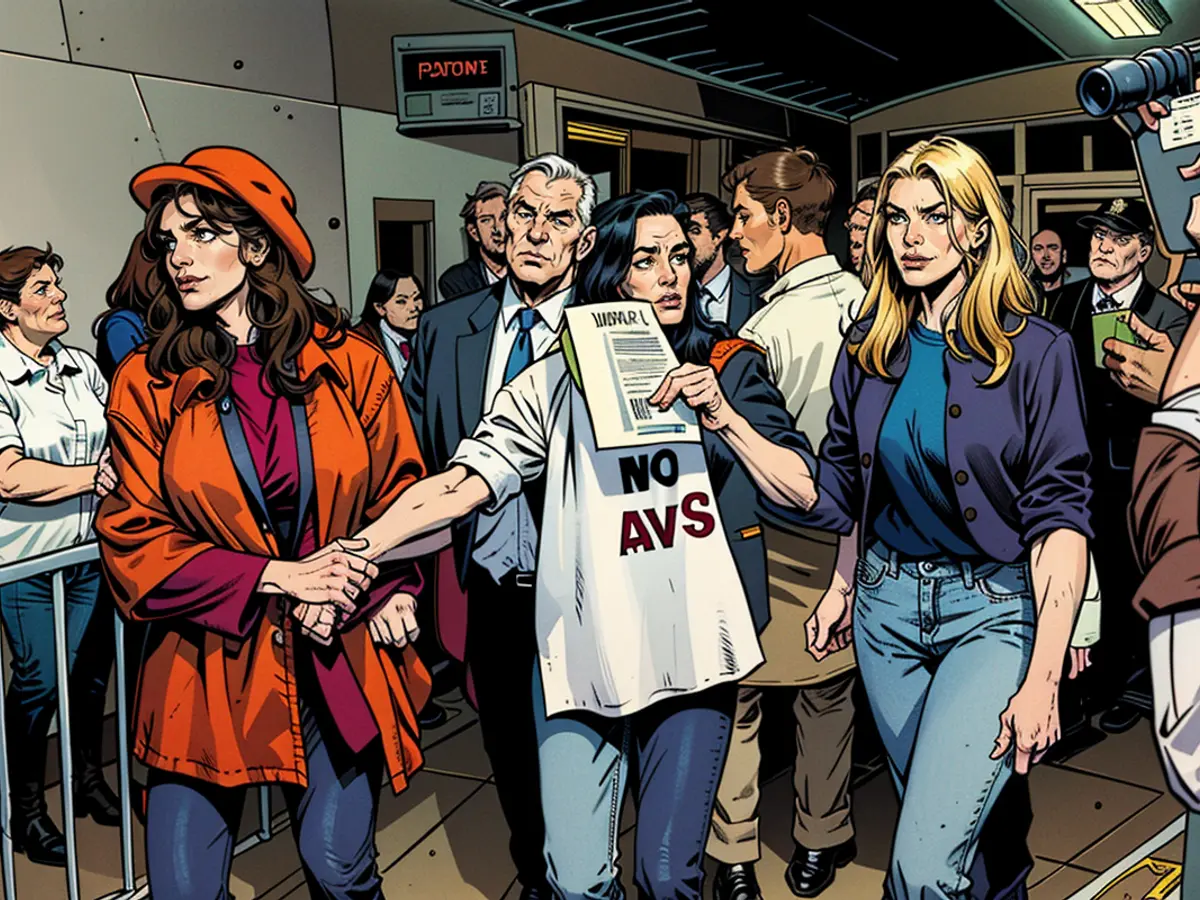
Like Wulff, Dawn Dunning — another Molineux witness from the 2020 trial — was shocked by the court's reversal.
"I want to move on with my life... This has been such a long ordeal for me," Dunning told CNN. "I would love to have that closure."
Dunning's testimony during the trial had striking similarities to Wulff's. Both women testified as aspiring actresses working as waitresses in New York when they met Weinstein, who offered to help them with their careers before assaulting them. The prosecution's aim in introducing them as Molineux witnesses was to establish an alleged pattern of behavior.
Weinstein, who has been publicly accused by over 100 women, has denied all sexual misconduct allegations against him.
In 16 states in the US — including California where Weinstein is currently appealing his 2022 Los Angeles conviction for sex crimes — prior bad acts testimony, like Dunning and Wulff's, is admissible in court. In New York, where Weinstein's conviction was overturned, it is not.
Evidence introduced under the Molineux rule must exceed a high bar for inclusion, one not met in Weinstein's case, according to the New York Court of Appeals. Now, both Dunning and Wulff are advocating for new legislation that would allow prior bad acts testimony into sex crimes cases.
Last week, a bill proposed by members of the New York State Assembly that would have amended the state’s criminal procedure law failed to pass the State Assembly, after having successfully passed the Senate. The bill is expected to be reintroduced at the legislature’s next session, but for now, it is dead — another setback for women like Dunning and Wulff.
"It's going to take time for the legal system to catch up to this bigger cultural change and movement that we’ve had as a society," Dunning said. "Unfortunately, the legal system is slow."
Dunning added that she feels "let down" by this latest legal setback and is concerned that the bill not passing "could prevent other women from coming forward." She hopes that the justice system continues to progress so that sex crimes will become easier to report and to prosecute.
"The thought that he would be free again is terrifying," she said of Weinstein, acknowledging his ongoing appeal on his California conviction. "I just think he’ll stop at nothing to get back at us. He will never stop abusing women. If he gets out, I know everyone thinks he’s so old and frail and sick, but he’s never going to stop. He never will stop."
The prospect of Weinstein walking free one day also haunts Wulff, calling the overturned conviction a "wake-up call."
"As long as we keep talking and we don’t go back into the shadows and we don’t let setbacks set us back, we will keep that light bright on it," Wulff said. "If you have a sister, a daughter, a mother, we’re trying to protect them."
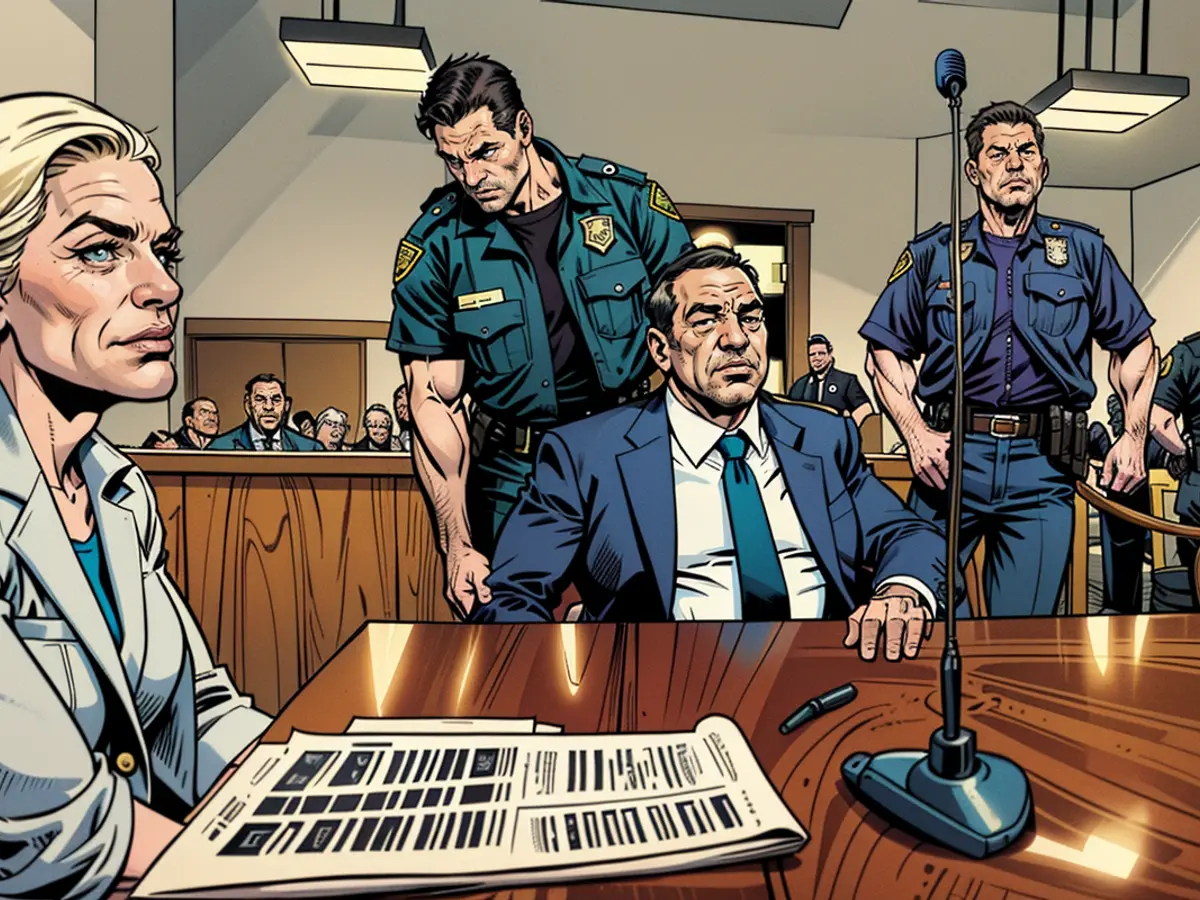
Read also:
In the aftermath of Weinstein's conviction overturnal, Dawn Dunning expressed her desire for closure, acknowledging the long ordeal she had endured as a Molineux witness in the 2020 trial.
Following the court's decision, Wulff and Dunning have been advocating for new legislation that allows prior bad acts testimony in sex crimes cases, hoping to prevent other women from facing similar challenges.

